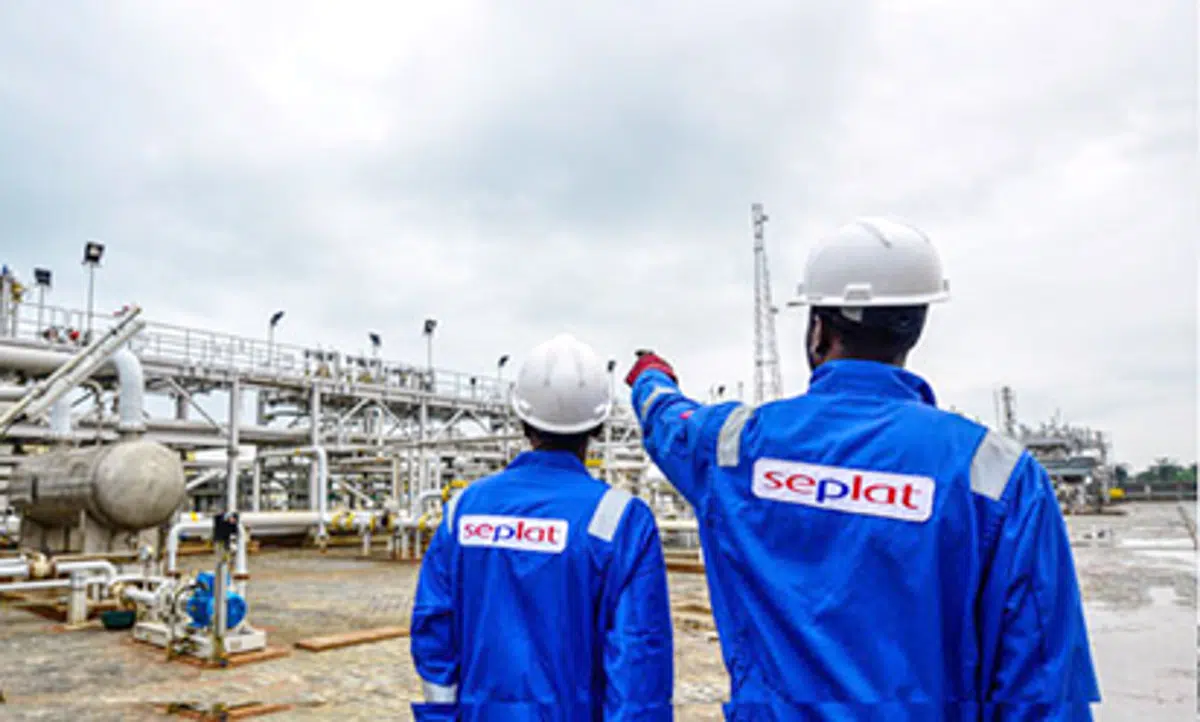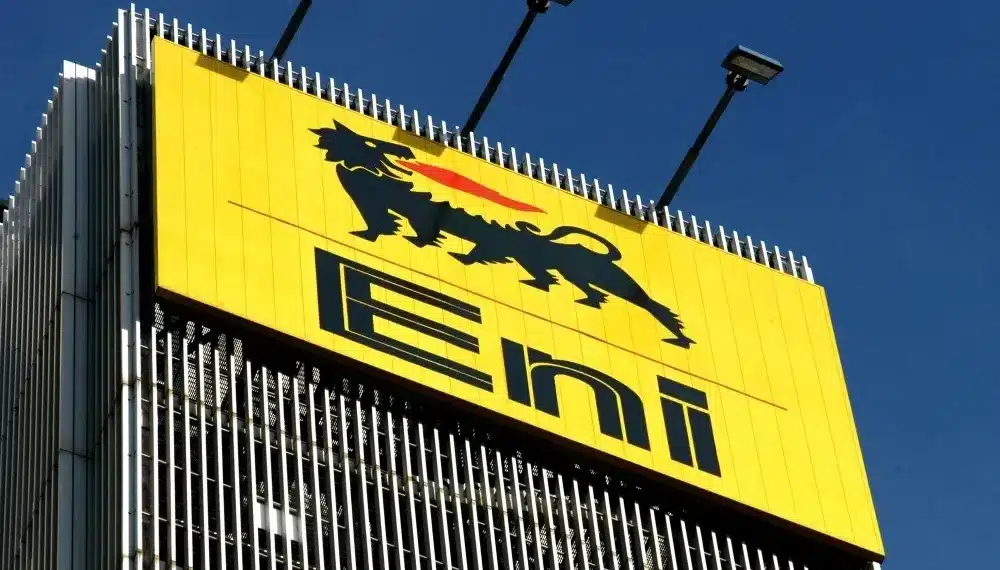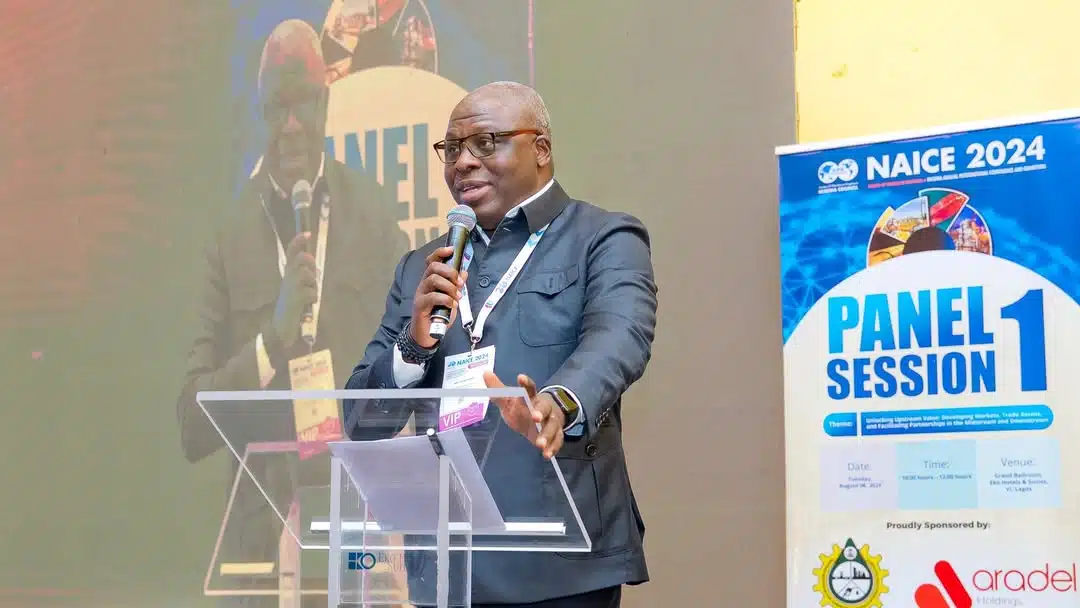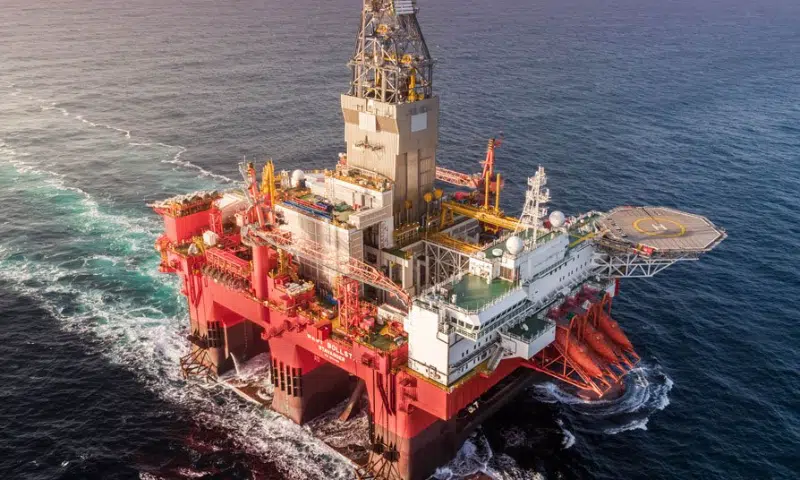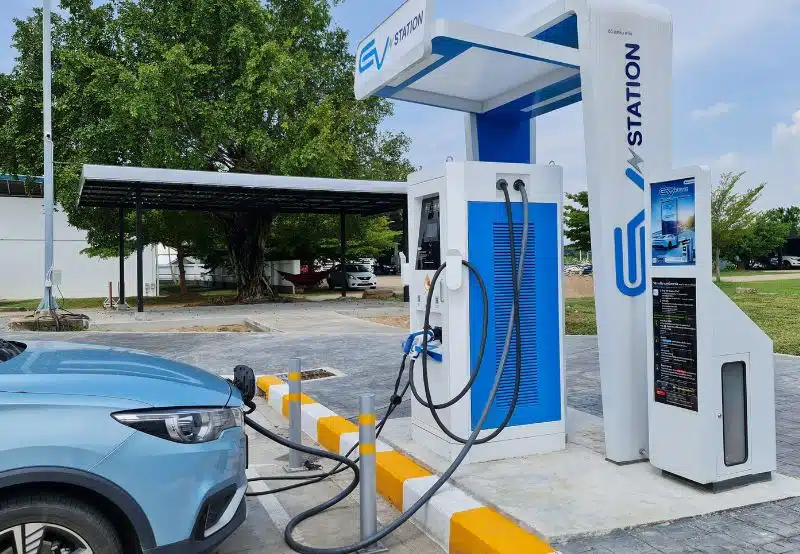Seplat Energy, a Nigerian indigenous company, has announced plans to invest up to $320 million in new wells and infrastructure this year.
This follows its acquisition of Exxon Mobil’s Nigerian assets. The company aims to more than double its oil output to as much as 140,000 barrels per day.
The company disclosed this plan in its 2024 full-year financial statement, published on Tuesday on the Nigerian Stock Exchange (NGX) and obtained by Energy in Africa.
Seplat plans to double its oil production by investing in new wells and infrastructure following its acquisition of Exxon Mobil’s Nigerian assets.
This move is in line with a statement by the COO of the company, Samson Ezugworie, in December, stating that only a third of the blocks are currently operational.
A large share of the anticipated production growth is expected to come from the former Exxon assets.
This could boost Seplat’s onshore and shallow water oil output from an average of 48,618 barrels per day (bpd) last year to as much as 140,000 bpd.
Seplat CEO, Roger Brown, earlier mentioned while announcing 2024 results: “This year we will focus on re-opening previously shut-in wells in SEPNU (the former Exxon assets), alongside another full drilling campaign for our onshore assets.”
This year, the company also plans to complete its ANOH gas plant and drill 13 new onshore wells.
However, last October, the company obtained government approval to purchase 51% of the Bonny River natural gas liquids recovery plant, formerly held by Exxon’s local subsidiary, Mobil Producing Nigeria Unlimited, and 40% of four oil mining licenses and related infrastructure, including the Qua Iboe export terminal.
After years of sabotage and conflicts with local communities over oil spills, foreign oil corporations scaled down their onshore and shallow-water production in Nigeria, shifting their focus to offshore operations.
In their place, many indigenous oil companies are stepping in, acquiring these assets from international oil companies (IOCs).

